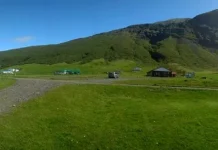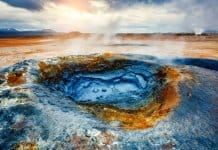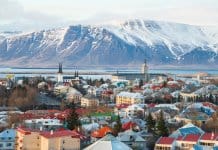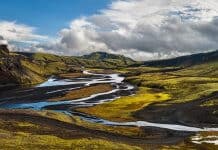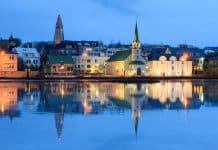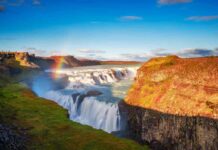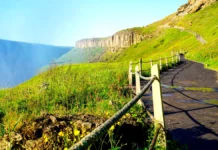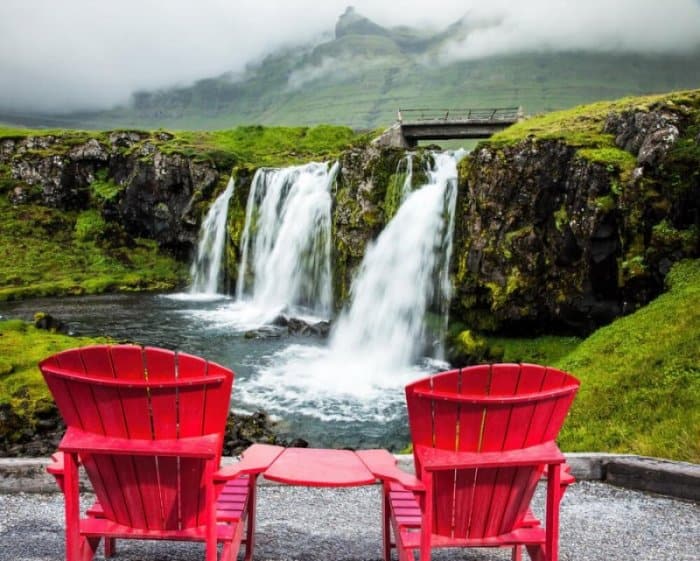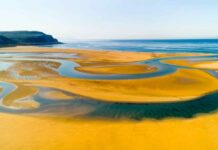Iceland’s prominence as a tourism destination has been growing steadily over the years. While there used to be a “low season”, the small Nordic nation has now become a place that’s popular to visit all year round. This naturally leads would-be visitors to ask what is the best time of year to visit Iceland? Each season definitely has its own particular allure. Today let’s focus on the benefits of taking a trip to Iceland in the summer and what you can expect.

Iceland in Summer – Weather in June, July and August
June is the beginning of summer in Iceland and as such, temperatures will begin to rise. But don’t start packing your shorts just yet. The northern latitude of the country means that Iceland’s climate is still relatively cold and the weather can change quickly. Iceland is known to have experienced snowstorms in June. It’s best to pack for all conditions, including the sunshine of summer and colder days. You should also prepare for any drops in temperature you might experience.
During the summer months, thermometers in Iceland normally reach up to 15 °C (59 °F) but may only reach 10 °C (50 °F). Not exactly bikini weather. You should definitely throw your swimsuit into your suitcase though because you’ll want to take a dip in one of Iceland’s many geothermal pools such as the Blue Lagoon. Just be prepared because the weather in Iceland is unpredictable. Wind and rain are not uncommon and if you are traveling to Iceland, the only certainty is uncertainty.

Iceland in Summer – Daylight Hours and the Midnight Sun
If your vacation to Iceland is in summer, you can take advantage of the extra daylight hours. At the peak of summer, sunset in Iceland happens around midnight. It rises again around 3 a.m., so while this is not exactly 24-hour sunshine it’s definitely enough to feel as if the sun never sets. There’s a multitude of things to do in Iceland. Use those additional hours to fit in an extra trip to a waterfall, a glacier or another natural park. One of the downsides of going to Iceland in the summer is that the night sky never really darkens. You won’t have the chance to see the Aurora Borealis, so you’ll have to come back between mid-September and mid-April to see it.
Iceland in Summer – Festivals and Celebrations
Summer is one of the best times to visit Iceland because the small island comes alive with various festivals as well as local celebrations. Some of our favorites include Reykjavik’s Secret Solstice Midnight Sun Music Festival in June, the bonfires of Jónsmessa (or midsummer night) festival in June, the not-to-be-missed annual Viking Festival in Hafnarfjörður and the Dalvik Fish Festival in August.

Planning on Visiting Iceland in Summer? What to Expect
Whichever season you decide to visit Iceland, you’re sure to have an amazing time. If you’re wondering the best time to go to Iceland, know that the summer is a popular time for visitors but really you can enjoy the country all year round.

